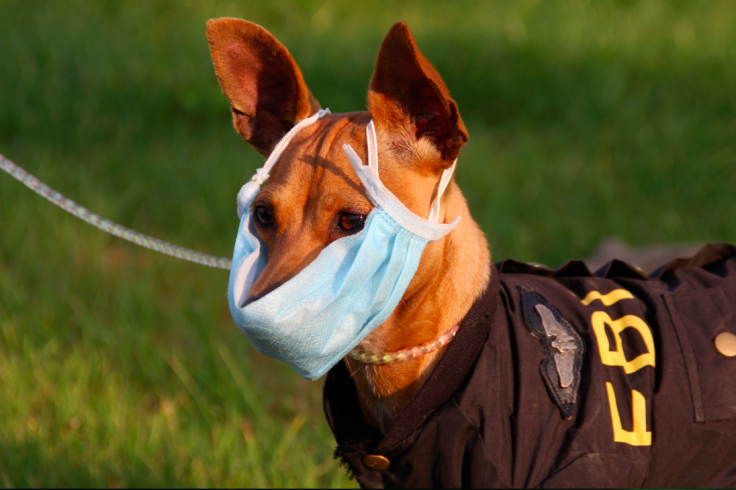Canine Flu Vaccine Side Effects: Should Your Dog Get The Shot?

A canine influenza outbreak in Chicago has sickened more than 1,000 dogs, and some veterinarians say the sickness is a borderline epidemic, with five dogs dying in the past month. So should your pet get the flu shot?
Most dogs who have the vaccination will not experience any negative effects, Arlington Animal Hospital wrote. If there is an adverse reaction, small-breed dogs are the most at risk for a side effect. The most common is fatigue. Other possible symptoms include fever, vomiting, diarrhea, respiratory distress, facial swelling, pale gums and pain at the injection site. There is a chance a dog could go into an anaphylactic event, which would need immediate medical attention.
For dogs to get the influenza shot, they have to be at least 6 weeks old. Most veterinarians will suggest the two-shot vaccine be given three weeks apart. The booster shot should be administered once a year for maximum efficiency.

For people who are opposed to vaccines, lots of rest and fluids can help treat sick pooches, Edward Dubovi, director of the virology laboratory at Cornell University’s College of Veterinary Medicine, told Pets Web MD.
People who live in Chicago might be more inclined to get the shot though. "If I lived in New York City and I was getting ready to board my pet for the holidays, I'd definitely get the vaccine," Dubovi said. "But if I lived in Minneapolis, where there's never been a diagnosed case, I probably wouldn't use it."
Furry friends who are most likely to get infected with the virus spend time at groomers, doggie day care, dog parks, boarding kennels and shelters. It’s best to keep your furry friend away from other dogs to avoid spreading the flu. Even though humans cannot get the flu from dogs, and vice versa, it’s recommended owners keep their pets and home clean so the germs cannot spread.
Follow me on Twitter @mariamzzarella
© Copyright IBTimes 2024. All rights reserved.











